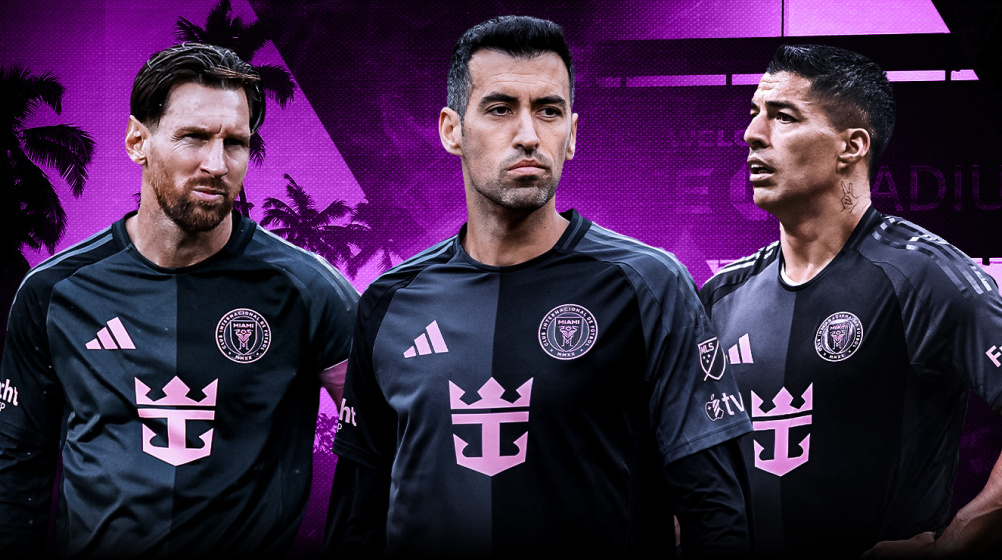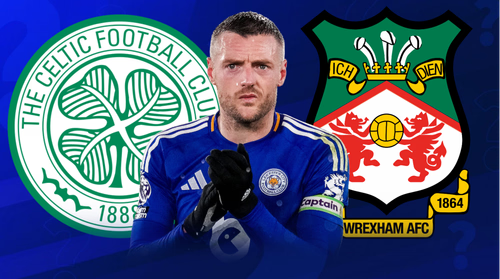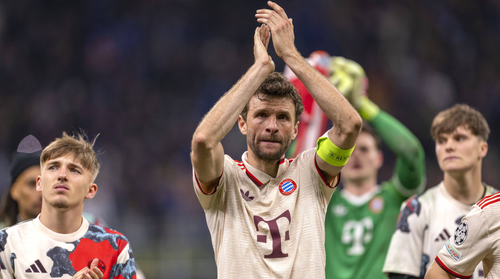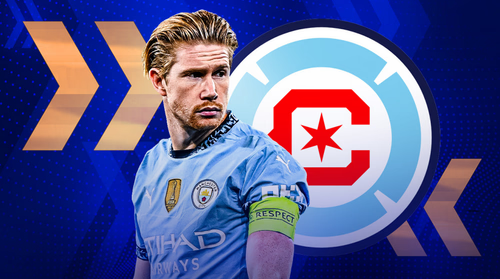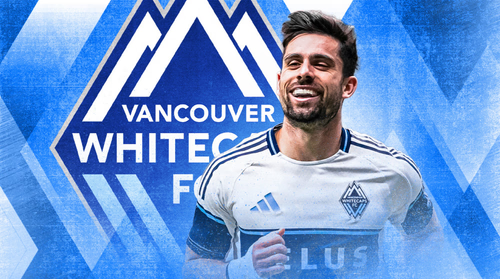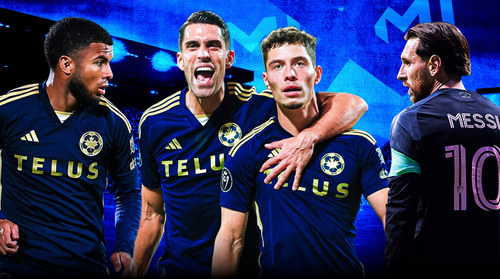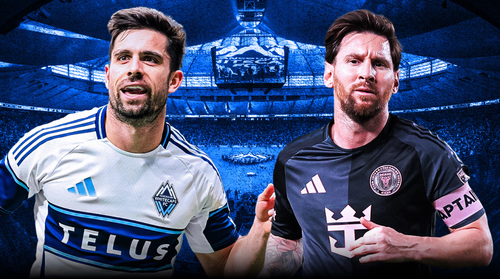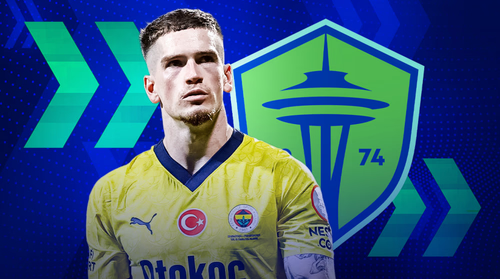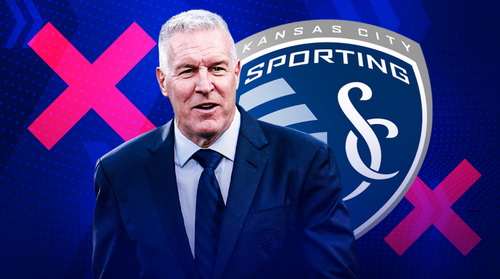The spirit of 'La Remontada' wasn't enough to save Inter Miami as their Concacaf Champions Cup dreams ended with a 3-1 defeat to Vancouver Whitecaps, highlighting deeper issues within the star-studded Florida club.
When Jordi Alba found the net in the 9th minute at Chase Stadium, the atmosphere crackled with possibility. The early goal gave legitimate hope that Lionel Messi and his collection of former Barcelona teammates might overcome their 2-0 first-leg deficit against the Canadian side.
After all, several key figures in Miami's lineup—Messi, Luis Suárez, Sergio Busquets, and even head coach Javier Mascherano—were part of Barcelona's historic 6-1 comeback against PSG in 2017, widely known as 'La Remontada.' That experience fueled optimism around the squad before kickoff.
'We have nothing to lose,' Mascherano had said pre-match. 'We must try to win the game. Score two goals and try not to concede. Maybe the pressure is now on Vancouver.'
However, warning signs appeared even before halftime when Emmanuel Sabbi struck the post for Vancouver, foreshadowing what was to come. The Whitecaps, under Jesper Sørensen's tactical guidance, repeatedly exploited Miami's weaknesses with quick transitions and aggressive pressing.
The second half collapse was swift and devastating. Brian White equalized in the 51st minute before Pedro Vite put Vancouver ahead just two minutes later. Sebastian Berhalter's 71st-minute strike extinguished any remaining Miami hopes, completing a comprehensive 5-1 aggregate victory for the Canadian side.
This defeat continues a troubling pattern for Inter Miami. Just days earlier, they surrendered a 3-1 lead to lose 4-3 against FC Dallas in MLS play, even with Messi and Suárez rested for this crucial semifinal.
According to Statbet analysis, Inter Miami's defensive vulnerability has become their defining weakness, with the team conceding multiple goals in 60% of their competitive matches this season when facing high-pressing opponents.
The underlying issues appear structural. Despite assembling a collection of legendary names, Miami's squad construction reveals significant flaws. The 36-year-old Busquets, while still technically brilliant, lacks the mobility to shield a vulnerable defense. Messi and Suárez, though capable of moments of genius, create defensive imbalances that faster, younger opponents increasingly exploit.
'That's just not acceptable,' Mascherano lamented about conceding twice quickly after halftime. 'I could maybe understand a lapse 15 minutes from the end, but not at the start of the second half. That's just not good enough.'
For all the fanfare surrounding Messi's arrival in Miami, tangible success remains limited. Beyond last year's controversial Leagues Cup triumph, the Florida club has failed to secure any major silverware, exiting the MLS Cup Playoffs early last season and now missing another opportunity for continental glory.
As Vancouver advances to the final, Miami's star-studded ensemble must confront uncomfortable questions about whether their collection of aging icons can compete effectively against well-organized, physically superior opposition.









